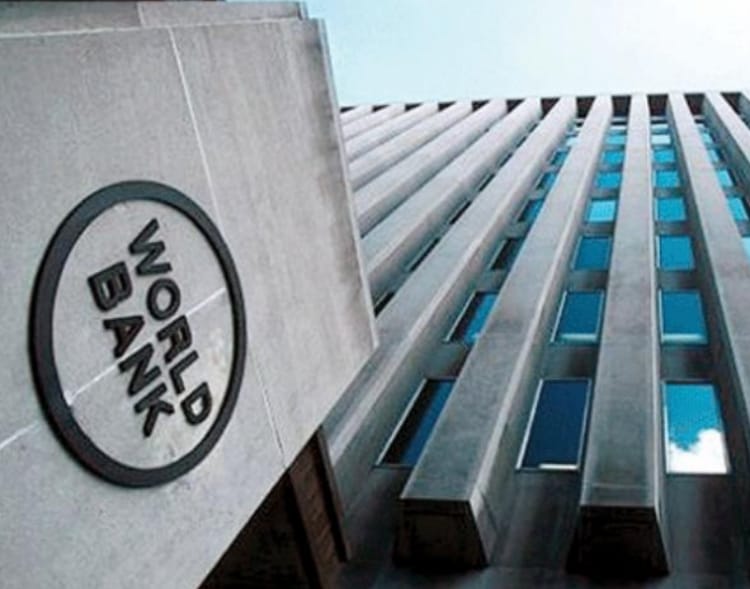Insecurity: World Bank Predicts Severe Food Crisis in 7 Northern Nigeria States
The World Bank has issued a stark warning regarding an impending severe food crisis that could grip seven states in Northern Nigeria.
The crisis, primarily attributed to the escalating insecurity and armed conflicts in the North-west and northeast regions, is expected to severely impact Katsina alongside six other states. The affected states, including Zamfara, Kaduna, Sokoto, Borno, Adamawa, and Yobe, are facing deteriorating standards of living, a situation exacerbated by ongoing violent unrest.
In its recent Food Security report, the World Bank provides a detailed analysis of the challenges confronting these regions. According to the report, the far north regions of Adamawa, Borno, Kaduna, Katsina, Sokoto, Yobe, and Zamfara are anticipated to face crisis levels of food security.
This dire situation is largely the result of persistent insecurity and armed conflict that have undermined the livelihoods of residents.
The Katsina State Government is proactively seeking to mitigate this crisis by planning to establish a task force on food prices.
Considerably, this initiative aims to regulate food inflation and oversee the mass purchase and distribution of foodstuffs across the state, in a bid to ease the burden on the affected populations.
The World Bank’s projections also indicate that most areas in West and Central Africa are expected to remain minimally food insecure until May 2024. However, the report categorizes some areas as being in a state of stress (IPC 2), highlighting the broader regional implications of food insecurity.
This forecast underlines the critical nature of the food insecurity crisis in Northern Nigeria, drawing attention to the urgent need for comprehensive strategies to address the root causes of insecurity and armed conflict.
Thus, as food prices soar, the situation becomes increasingly precarious for many states in Nigeria, emphasizing the importance of immediate action to avert a large-scale humanitarian crisis.
